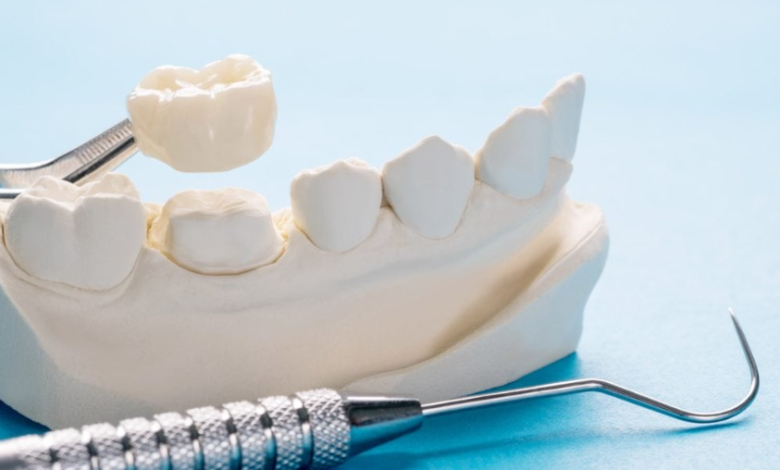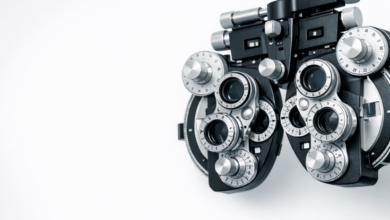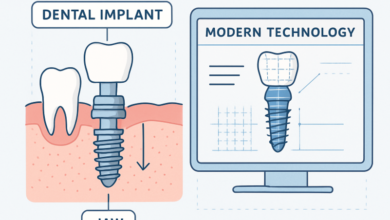The Price of Restoration: What Dental Crowns Reveal About Our Relationship with Self-Care

In an age where self-care has evolved from indulgence to necessity, even our smiles have become a currency of confidence. Behind every gleaming grin is not just a toothbrush or a whitening strip—but a story of restoration, resilience, and the human desire to present our best selves to the world. Among the many marvels of modern dentistry, the humble dental crown stands as both a literal and symbolic restoration—one that speaks volumes about how we value ourselves and how far we’re willing to go to preserve that sense of wholeness.
The cost of a dental crown is often measured in currency, but what it truly reflects is an investment in identity. To understand this, we must first look beyond enamel and gold. Dental crowns are not just replacements; they are reconstructions of integrity. They protect weakened teeth from collapse, conceal the scars of past damage, and restore the natural harmony of a smile. But beneath this clinical definition lies something profoundly human—a yearning to repair what time, trauma, or neglect has eroded.
In a world increasingly obsessed with appearances, dental crowns have become more than a medical necessity—they’re an aesthetic statement. When we speak of the secret weapon behind celebrity smiles, we’re not simply referring to veneers or digital filters. Many of those seemingly effortless Hollywood grins owe their perfection to meticulously crafted crowns that balance precision with artistry. Celebrities, after all, are the architects of modern aspiration. When they invest in flawless smiles, they’re not just fixing teeth; they’re reinforcing the notion that beauty is built, maintained, and worth every dollar.
See also: The Role of Realtors in Marina del Rey When Buying a Home
But the conversation shouldn’t end with fame or vanity. The allure of the dental crown lies in its dual nature—it is both functional and symbolic. Functionally, it restores chewing power, protects roots, and prevents further decay. Symbolically, it represents reclamation. A tooth once fractured or compromised is given new life; a person once self-conscious about their smile regains the courage to speak, laugh, or be seen. In this sense, dental crowns are not just about dentistry—they’re about dignity.
Still, the question lingers: what does the cost of a dental crown say about accessibility in self-care? While premium materials like porcelain or zirconia deliver natural aesthetics and longevity, their price points can be daunting. A single crown can range from hundreds to thousands of dollars, depending on the dentist’s expertise and technology used. For many, this transforms the pursuit of dental restoration into a negotiation between necessity and affordability. Yet even within that tension lies a deeper reflection of our times—how we assign worth to health, how we equate appearance with empowerment, and how we sometimes conflate care with consumption.
The modern self-care movement often emphasizes rituals that promise transformation: skincare routines, mindfulness practices, or spa treatments. Dental restoration belongs in this lineage, though it is rarely spoken of in the same breath. Perhaps it feels too clinical, too unglamorous. But in truth, a dental crown embodies one of the purest expressions of self-care—repairing rather than replacing, protecting rather than masking. It acknowledges that the past may have left its mark, but that the future can still be rebuilt.
It’s also worth noting how technology has redefined both the experience and perception of dental crowns. What once required multiple appointments and messy impressions can now be completed in a single session with CAD/CAM technology, producing lifelike restorations with near-perfect accuracy. Digital dentistry, in this sense, mirrors broader cultural shifts toward instant gratification and hyper-personalization. Patients today don’t just want functionality—they want beauty, speed, and comfort. The rise of same-day crowns is not merely a technical advancement; it’s a reflection of our growing demand for self-improvement on our own terms.
For some, investing in a crown is a deeply personal decision—a quiet reclaiming of confidence after years of hiding a chipped or discolored tooth. For others, it’s a practical step in maintaining oral health and preventing future complications. But in both cases, the act is a declaration: “I am worth the repair.” This sentiment resonates far beyond the dental chair. It captures the essence of contemporary self-care—not in the fleeting sense of pampering, but in the enduring sense of preservation.
If we peel back the layers of porcelain and resin, what we find beneath is a story of values. A crown is not just a tooth restored; it is a symbol of persistence, of refusing to let imperfection define us. And in a society that often pressures us to be flawless, perhaps the most radical act of self-care is not to strive for perfection but to honor the process of restoration itself.
When we consider the secret weapon behind celebrity smiles, we might imagine expensive treatments, private clinics, and elite cosmetic artistry. But the true secret is something far more universal—the recognition that self-care, in any form, is an act of reclamation. Whether you’re a celebrity gracing red carpets or someone simply wishing to smile freely again, the journey is the same: it’s about restoring confidence, one crown at a time.
In the end, the cost of a dental crown is more than a number on a treatment plan. It is a mirror reflecting how we perceive value—of health, of beauty, of self. The price of restoration is not merely financial; it’s emotional, symbolic, and deeply human. And when we choose to restore rather than hide, to heal rather than ignore, we invest not just in our teeth but in the very essence of what it means to care for ourselves.
Because sometimes, self-care begins with a smile rebuilt from within.




